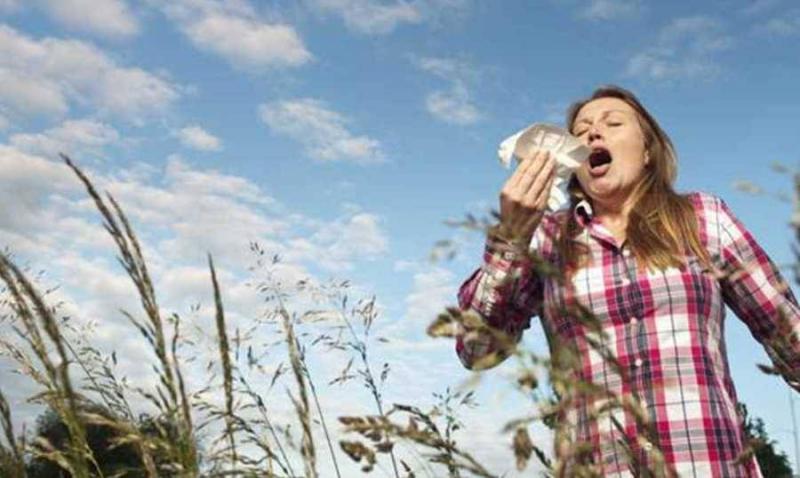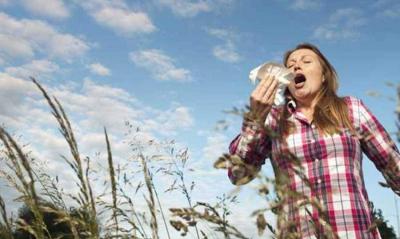The change of seasons and the blooming of trees can pose a real problem for many people, bringing with it the signs of seasonal allergies. According to medicalxpress, up to one in four Canadians suffer from allergic rhinitis and its symptoms such as a runny nose, sneezing, itching, watery eyes, and sometimes coughing. With climate change, this issue may become more severe. Experts believe that increased greenhouse gas concentrations in the atmosphere and rising temperatures are causing longer plant blooming periods, leading to more pollen in the air, and seasonal allergies tend to worsen due to air pollutants like diesel exhaust particles.
Ann Ellis, head of the Queen's Allergy and Immunology department and clinical scientist at Kingston Health Sciences Centre (KHSC), closely monitors how seasonal allergies have changed over the past decade. According to Ellis, it is still challenging to distinguish patterns and make firm predictions. She states, "Every year is different; this year's tree pollen season started on time compared to what it was like ten years ago, but recently we've had very late starts to the tree pollen season due to significantly longer winters."
For those seeking antihistamines every spring, Ellis advises to "expect the unexpected when it comes to allergies." She recommends that people suffering from seasonal allergies keep their windows closed and run their air conditioning whenever possible, avoid hanging clothes on outside lines to prevent pollen collection, and nasal irrigation with saline solution may also help.
Dr. Ellis adds that at pharmacies, individuals can look for second-generation non-sedating antihistamines like cetirizine or loratadine. According to her, it is better to avoid older sedating antihistamines that may have unintended side effects and are not as effective as newer medications. She suggests that if over-the-counter medications are not sufficient to provide relief, one should visit a doctor for prescription medications like new antihistamines and intranasal corticosteroids, which reduce swelling and mucus in the nose. She also advises requesting a referral to an allergist for skin testing to determine the type of allergy.
Ellis notes, "An allergist can provide customized immunotherapy options based on these results that actually address the underlying allergy, rather than just masking the symptoms." From a public health perspective, Dr. Ellis states that urban planning can make a difference, for example, by planting unpollinated female trees. Dr. Ellis leads the environmental exposure unit in Kingston, which has a precisely controlled environment allowing her and her team to study the impact of allergens on health at any time of the year. She explains, "The highly controlled indoor environment eliminates weather variables, participant environments, and changing characteristics of seasonal allergens, and the computer-controlled delivery system with strict monitoring ensures that allergen levels maintained in the unit remain within specific requirements."




